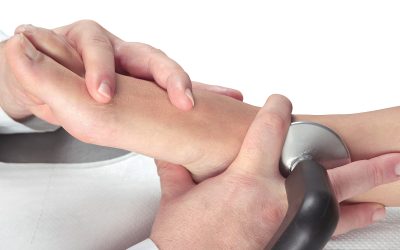Tinnitus is a common disorder for most, which means many will experience a mild form of tinnitus at some point during their lifetime. The good news is that any pain or uncomfortable feeling only lasts a few minutes. This situation is somewhat normal. However, when tinnitus is constant or recurrent, it may interfere with the quality of life. Your local ear doctor in Bonita Springs FL may often associate it with a balance disorder.
Symptoms of tinnitus
Specialists describe tinnitus as “a noise that a patient hears that doesn’t really exist”. It is a sharp, steady and maintained sound that prevents sleep and concentration. Sometimes patients are suffer even more. However, tinnitus symptoms are rarely this serious, but it is important to diagnose it early. It’s recommended to see a specialist to rule out any pathology. There are people, who despite their discomfort, still refuse to see an ear doctor in Bonita Springs FL. Waiting is the worst thing you could do.
New research
Scientists and physicians are working tirelessly, conducting a lot of research to try to end tinnitus. There are plenty of trends that are proving there will be a drug that will lower noise in the ears, the origin of which is unknown in most cases. Thus, the intention is that these drugs will block the transmission of any sounds. Professionals want to make it known that this breakthrough, although close, is still years off.
Patients with tinnitus
Some patients who have to live with tinnitus eventually get used to it. However, it’s also true that the noise is lessened in terms of perceived volume. The problem is much more common than we think, and statistics indicate that 4% of the population are affected by tinnitus. The truth is that during the day the symptoms are less noticeable than at night. At bedtime silence intensifies these very annoying noises and prevents the patient from sleeping. This causes nervousness and possible insomnia, and eventually will affect other aspects of your health.
How is it diagnosed?
As a rule, a diagnosis is based on the patient’s history and is often accompanied by hearing tests and neurological examinations. Based on these results more accurate tests are performed. 90% of tinnitus problems are not measurable though. It is an issue that is being constantly investigated but with great difficulty.


